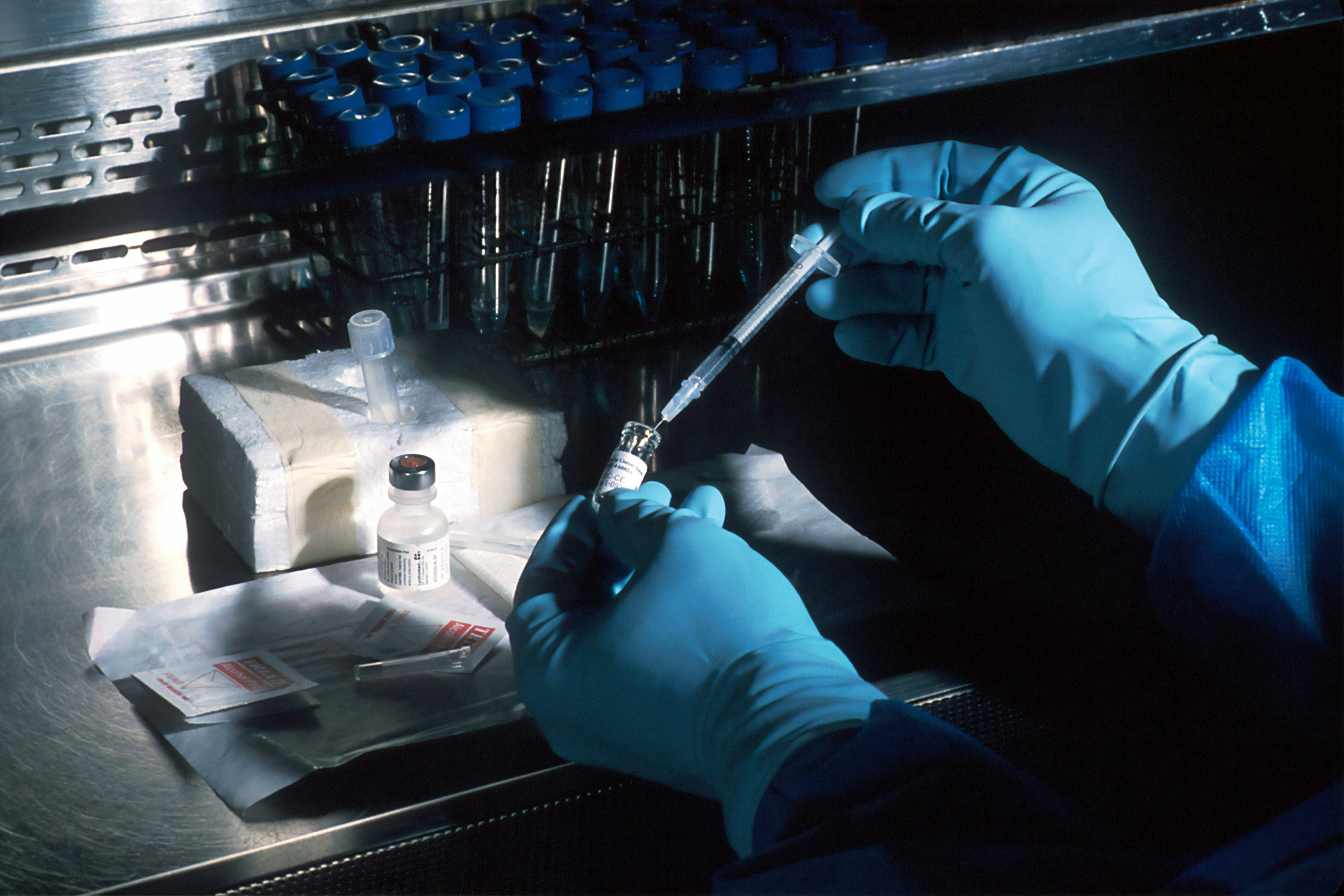The landscape of healthcare is undergoing a significant transformation, as advances in genetic testing drive the evolution of personalized medicine. This innovative approach allows healthcare providers to tailor treatments based on an individual’s unique genetic makeup, enhancing disease diagnosis, treatment, and prevention. The shift from a generalized to a personalized approach marks a pivotal moment in modern medicine, enabling more effective healthcare tailored to the specific needs of patients.
Understanding Personalized Medicine
Personalized medicine focuses on the interplay between a person’s genetics, environment, and lifestyle in determining their health. Unlike traditional medicine, which often relies on average responses, personalized medicine aims to customize care according to each individual’s biological characteristics. This means that healthcare professionals can utilize genetic information to identify the most effective treatments.
For instance, in the field of oncology, genetic profiling allows for the identification of specific mutations responsible for tumor growth. This targeted approach enables therapies that specifically attack cancer cells, leaving healthy cells unharmed. The rapid advancements in genetic testing technologies have made these practices increasingly accessible, moving beyond research institutions and into everyday healthcare settings. As genetic testing becomes more affordable and widespread, the focus on precision and prevention is anticipated to redefine patient care.
The Role of Genetic Testing in Modern Healthcare
Genetic testing plays a crucial role in contemporary medicine, providing the ability to analyze and interpret an individual’s DNA. This technology allows healthcare providers to detect genetic mutations, assess disease risks, and predict how patients might respond to various treatments. Genetic testing is integral in several medical domains, including hereditary cancer identification and the customization of drug therapies.
Regulatory bodies such as the FDA and EMA ensure the accuracy of genetic tests, safeguarding patients from misleading results. These agencies enforce strict standards for data management and result interpretation, reinforcing the reliability of genetic diagnostics. As genetic testing evolves, it is becoming an essential component of modern medical practice, enhancing the ability to provide precise and individualized care.
The landscape of healthcare is expected to change dramatically in the coming years, driven by innovations such as multi-omics, which integrates data from genes, proteins, and metabolites to provide a comprehensive view of health. The incorporation of artificial intelligence will further enhance the ability to analyze vast genetic datasets, uncovering patterns and insights that may otherwise go unnoticed.
As genetic testing becomes more integrated into routine healthcare, preventive measures may evolve significantly. Future checkups could include genetic screenings to identify potential health issues long before symptoms arise. Such advancements could revolutionize the management of chronic diseases, allowing healthcare providers to take proactive measures.
However, for this promising future to materialize, investments in data infrastructure, education, and global policy frameworks are essential. Ethical guidelines must be established to ensure patient privacy and equitable access to genetic testing, particularly in developing countries. Collaboration among governments, research institutions, and the private sector will be critical to realizing these advancements.
The future of personalized medicine extends beyond technological innovation; it represents a shift in how patients experience care. By harnessing genetic knowledge to predict, prevent, and personalize treatment, the healthcare system can become more effective and responsive to individual needs.
In conclusion, personalized medicine is poised to usher in a new era in healthcare, characterized by the power of genetics. Through genetic testing, healthcare professionals can detect risks earlier, tailor treatments, and enhance outcomes with greater precision. As we continue to explore the depths of genetics, it becomes clear how profoundly DNA influences health and recovery. With ongoing innovation, genetic testing and personalized treatments promise to create a healthcare landscape that is responsive and inclusive, offering benefits to all patients, regardless of their circumstances. The future of healthcare is undeniably personal, and it is already unfolding.






